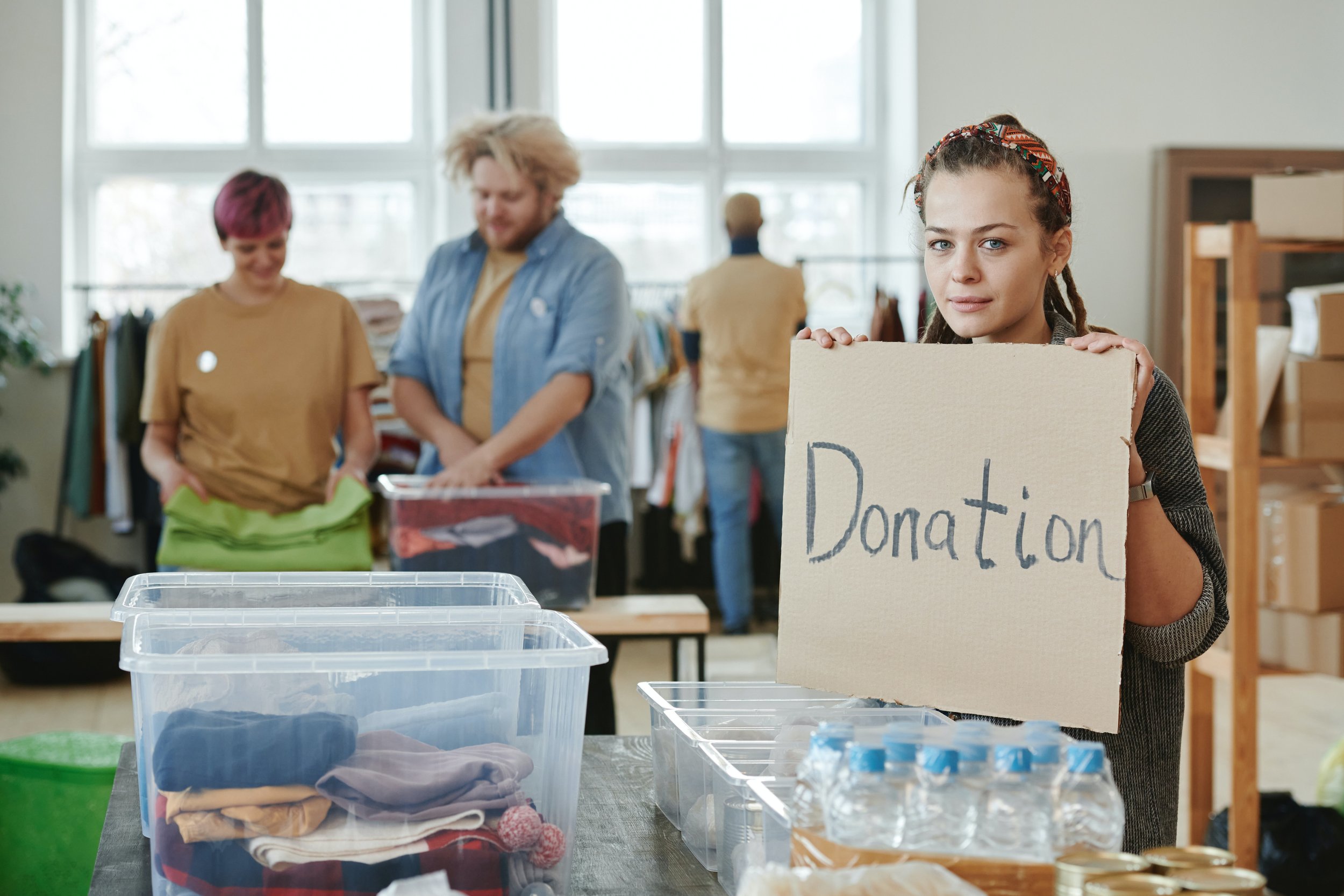Why Do Some People Become Addicted to Drugs?
/For well over a hundred years now, the prevailing wisdom has been that certain drugs are so chemically addictive that if you use them repeatedly, your addiction to them is guaranteed. There's a now-famous PSA from the 80s about a rat that chooses cocaine over food and water consistently until it dies. With the opioid epidemic raging across America, it's crucial to understand why some people become so addicted to drugs. However, new perspectives are changing how we think about drug addiction.
In his book "Chasing the Scream," Johann Hari explores the complex social and psychological factors that contribute to drug addiction. According to Hari, addiction is not solely a result of an individual's biology or personal choices, but is instead deeply connected to social and environmental factors.
One of the key ideas presented in "Chasing the Scream" is the notion that addiction is often a response to deep emotional pain and trauma. Many individuals who struggle with addiction have experienced significant trauma, such as abuse, neglect, or violence. Drugs can provide temporary relief from the pain and distress associated with these experiences, creating a cycle of addiction that is difficult to break.
Additionally, Hari argues that social and economic factors play a significant role in drug addiction. He notes that individuals who live in poverty or who experience social isolation and disconnection may be more vulnerable to addiction, as drugs can provide a sense of community, connection, and purpose. This is particularly true for marginalized communities that have been disproportionately impacted by the war on drugs, such as communities of color and low-income neighborhoods.
Hari also challenges the traditional understanding of addiction as a disease, arguing that addiction is not solely a result of chemical imbalances in the brain but is instead a response to social and environmental factors. He notes that many individuals who struggle with addiction have underlying issues, such as mental illness or trauma, that are often overlooked or untreated.
If the most predictive indicators of addiction are trauma and isolation, we can use that knowledge to make our society one that is more connected and that has more resources for addressing and overcoming trauma. Remember that rat from the 80s PSA? A Canadian Psychologist looked at it and noticed something interesting: the rat was alone in its cage with nothing except food, water, and cocaine. That psychologist recreated the experiment but this time, made a rat utopia. The rat had lots of yummy food, lots of fun toys, and lots of other rats with whom to interact. The end result? Few of the rats used the cocaine and none of them used it compulsively. As Johann Hari says, “addiction isn’t a disease. Addiction is an adaptation. It’s not you—it’s the cage you live in.”
If you’d like to learn more, check out this Ted Talk from Johann Hari himself: www.youtube.com












